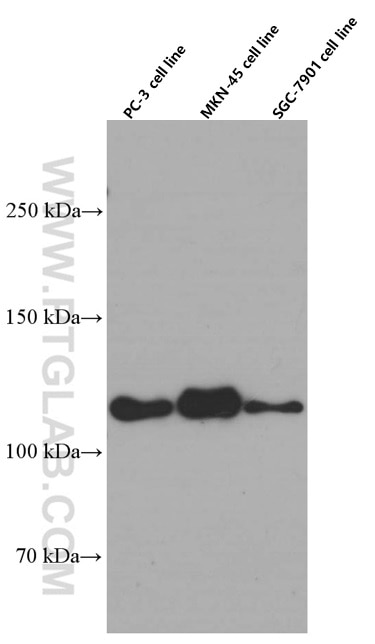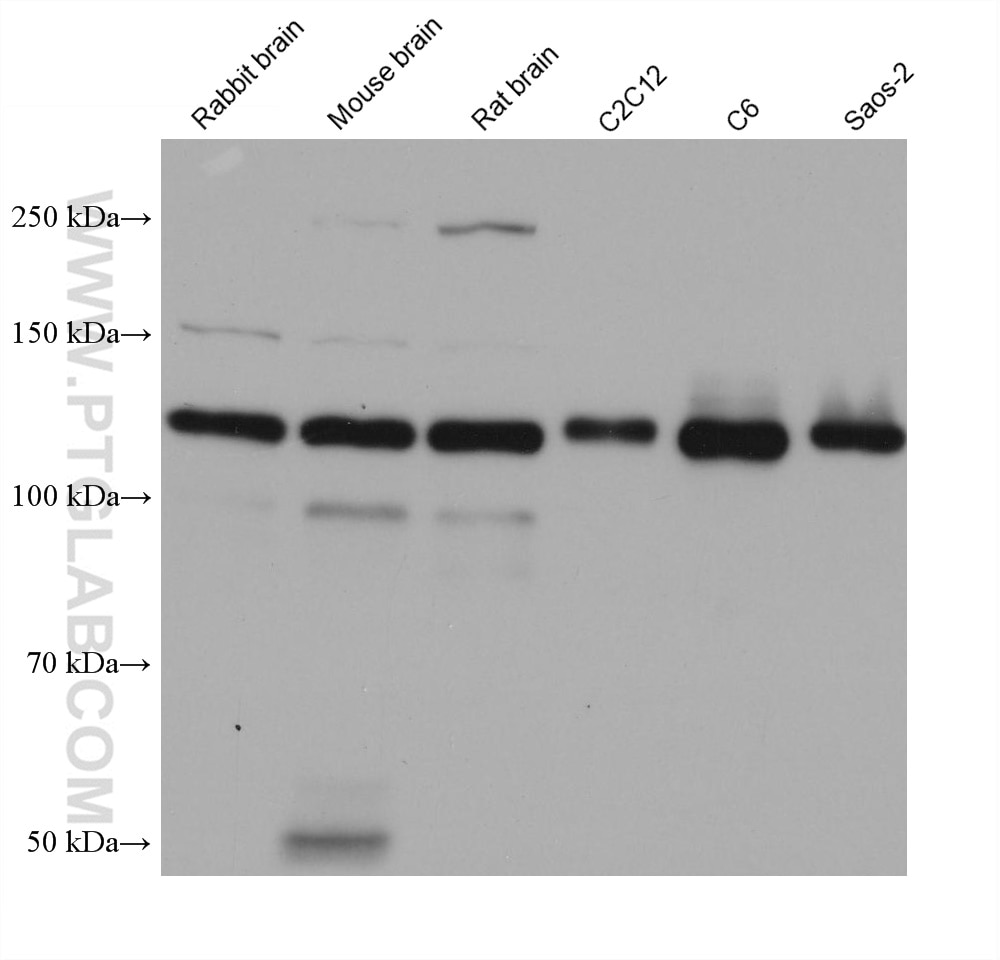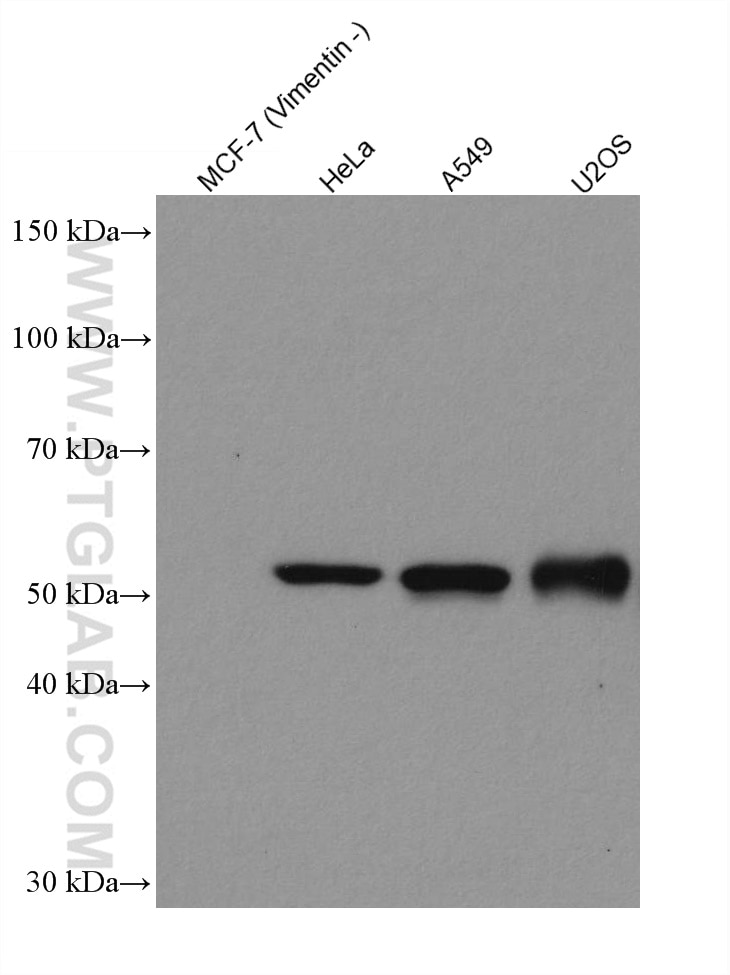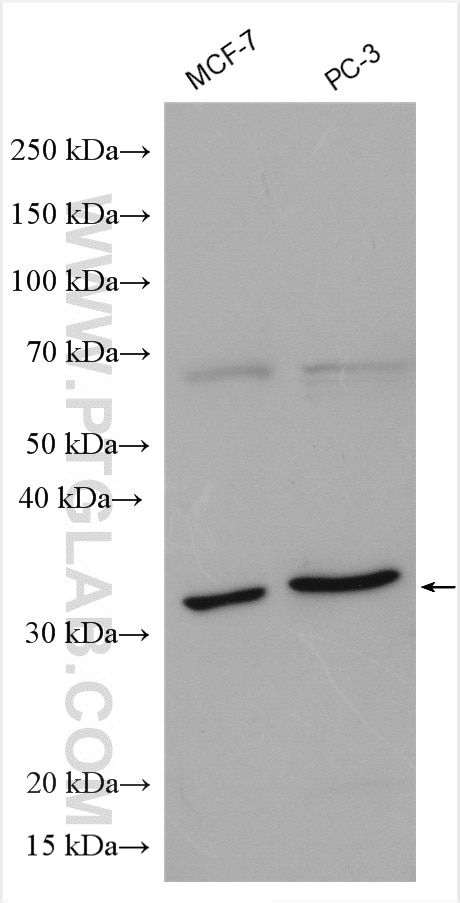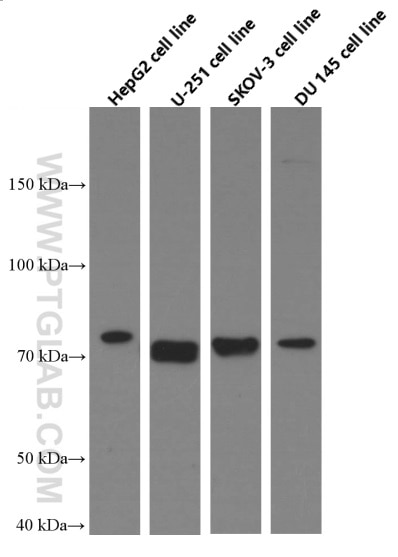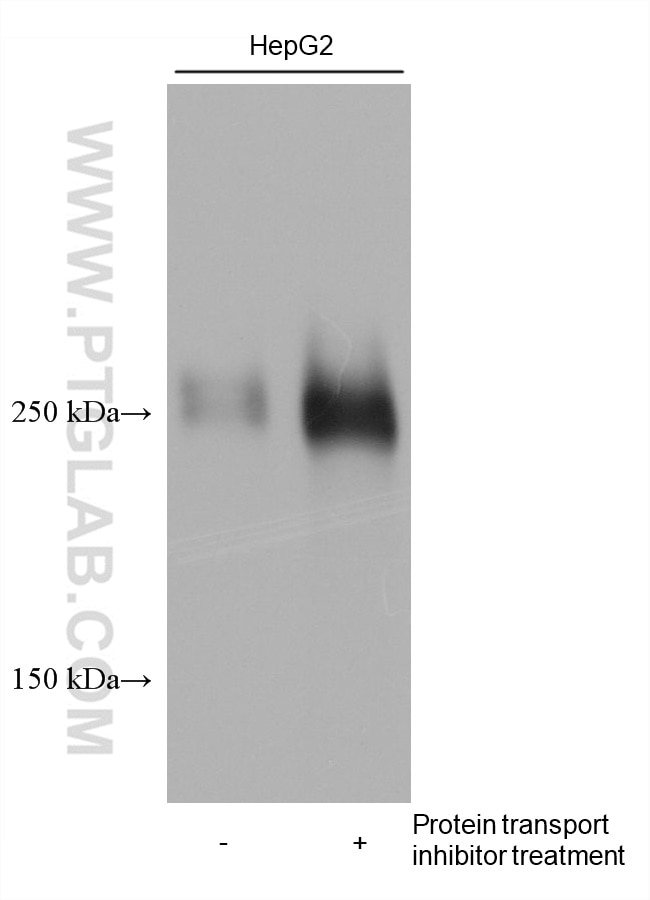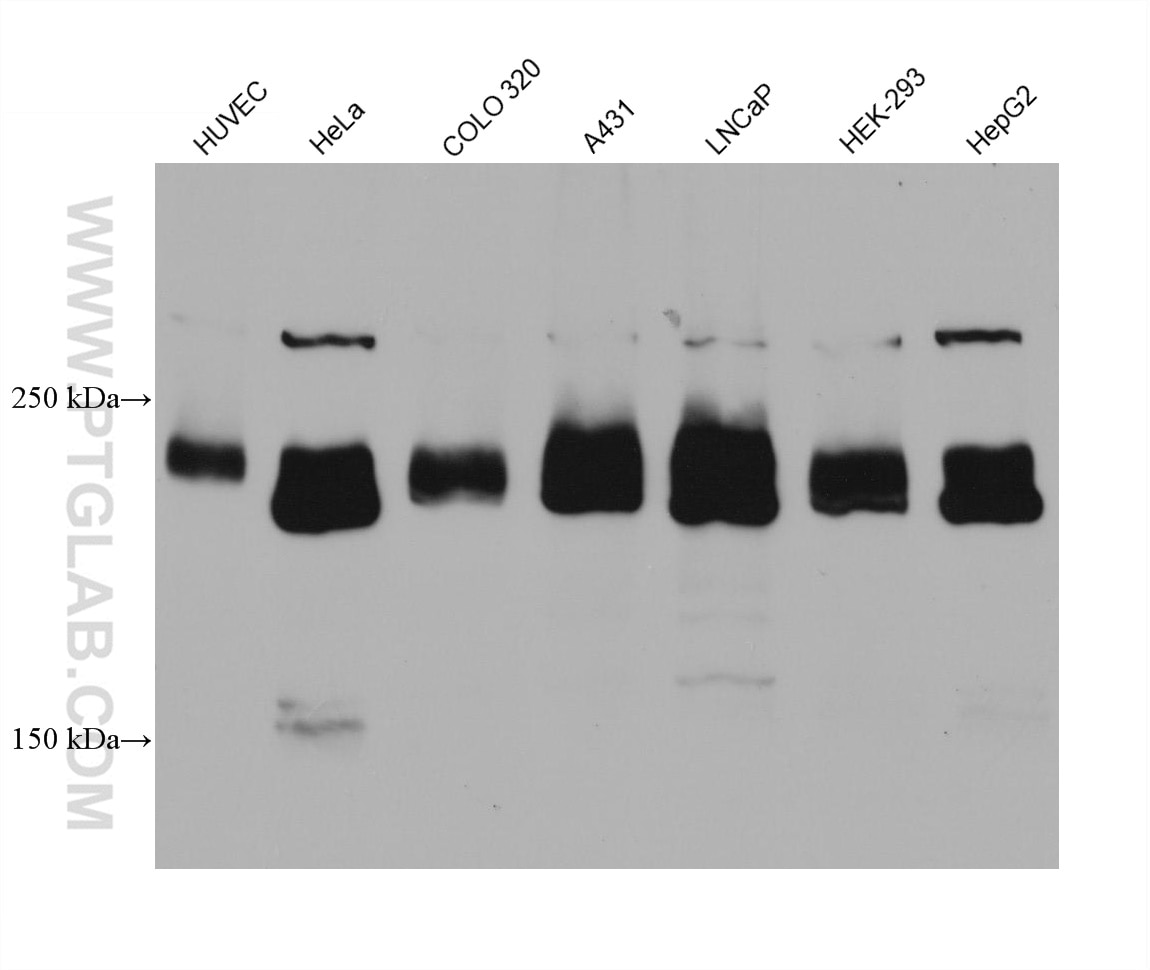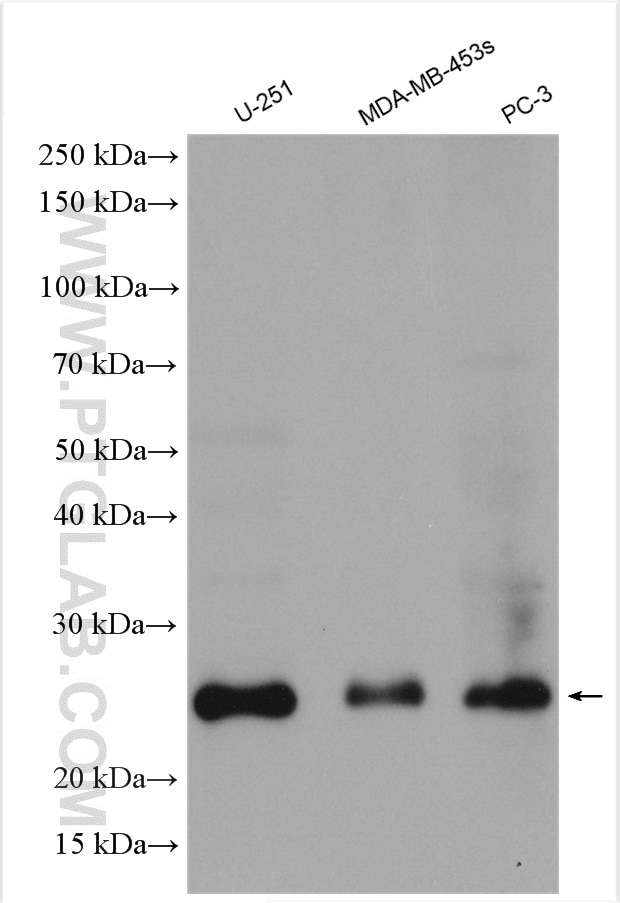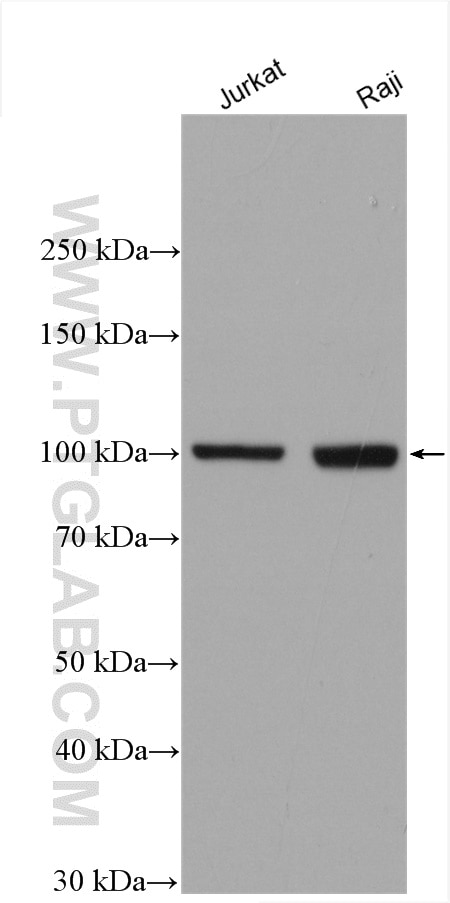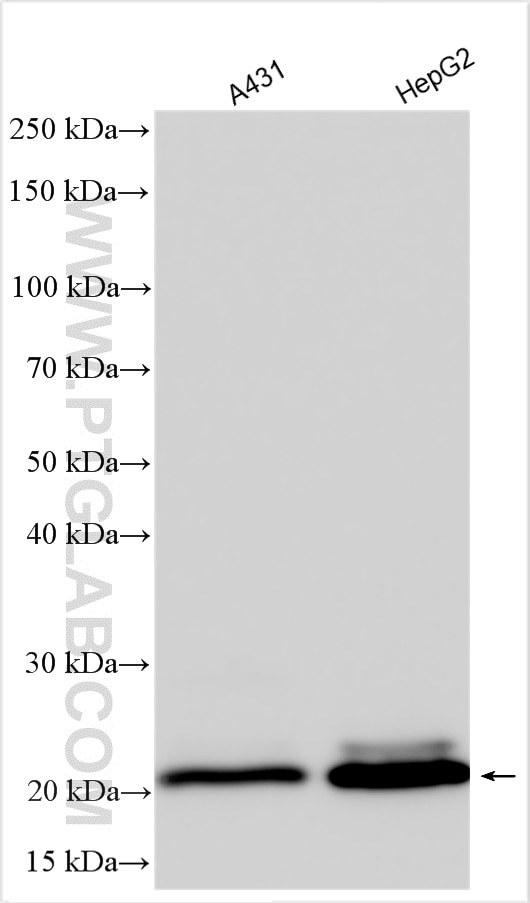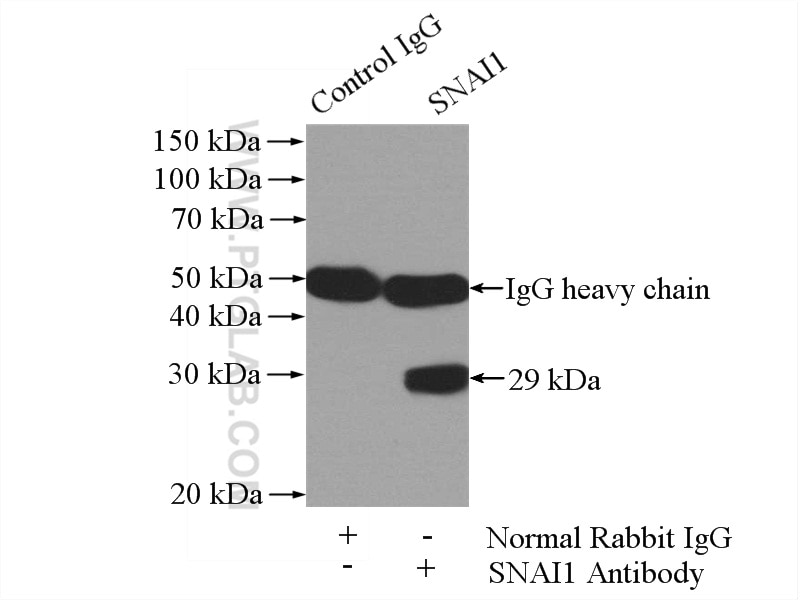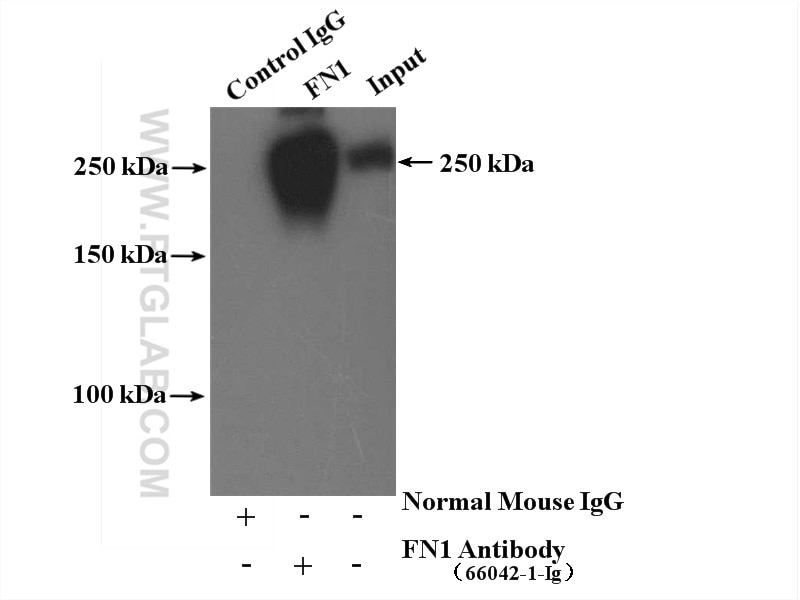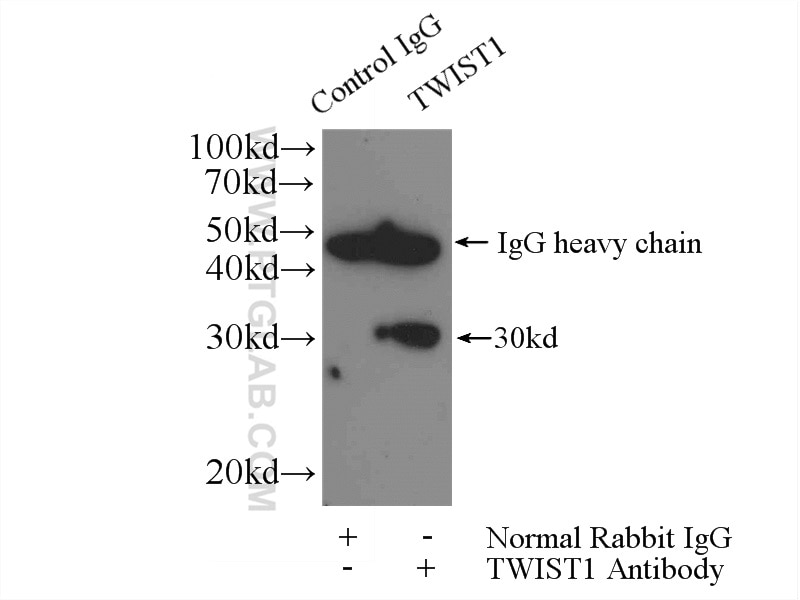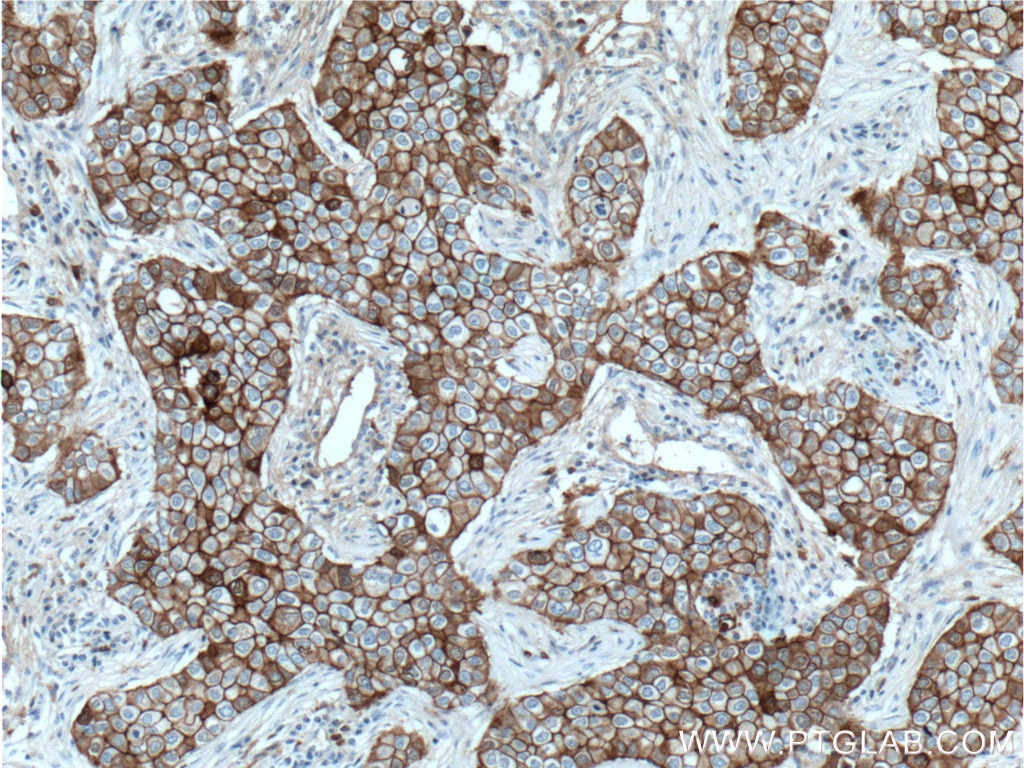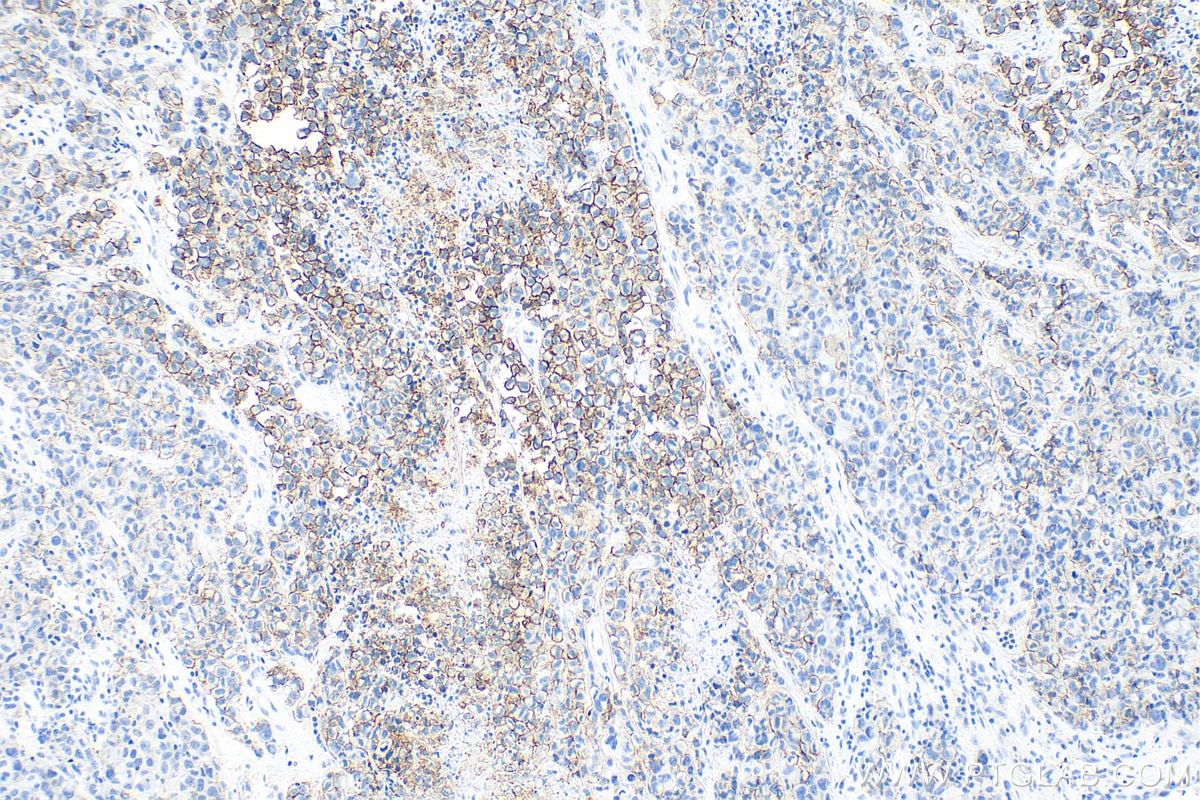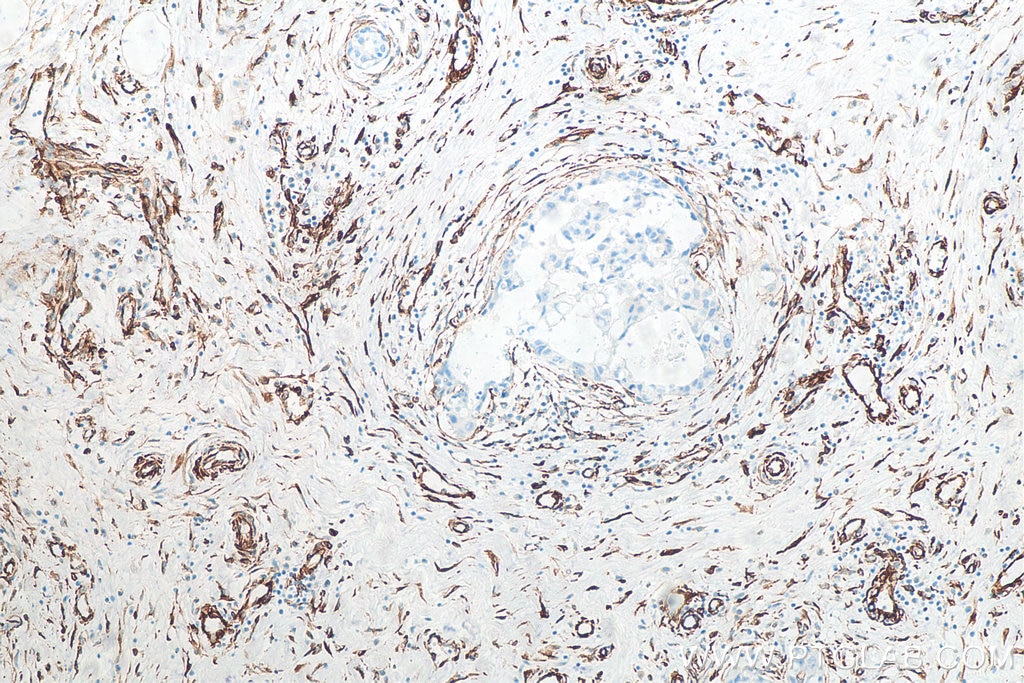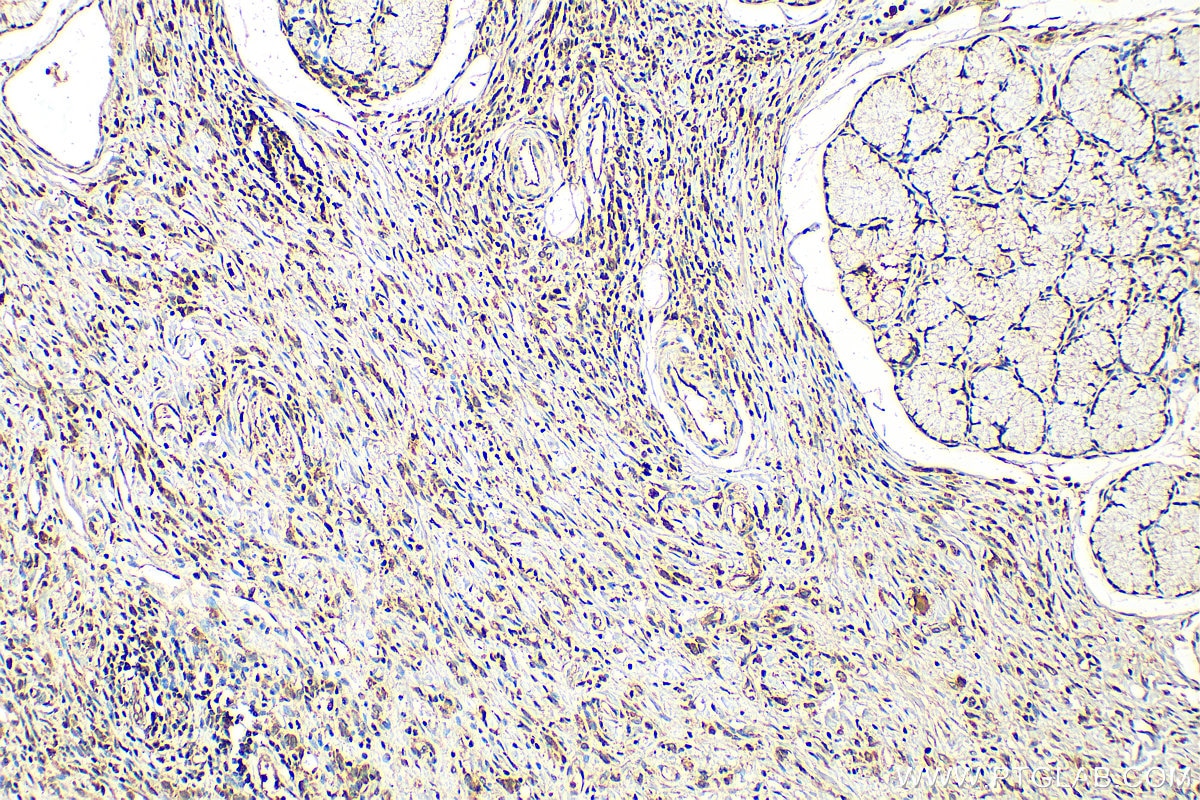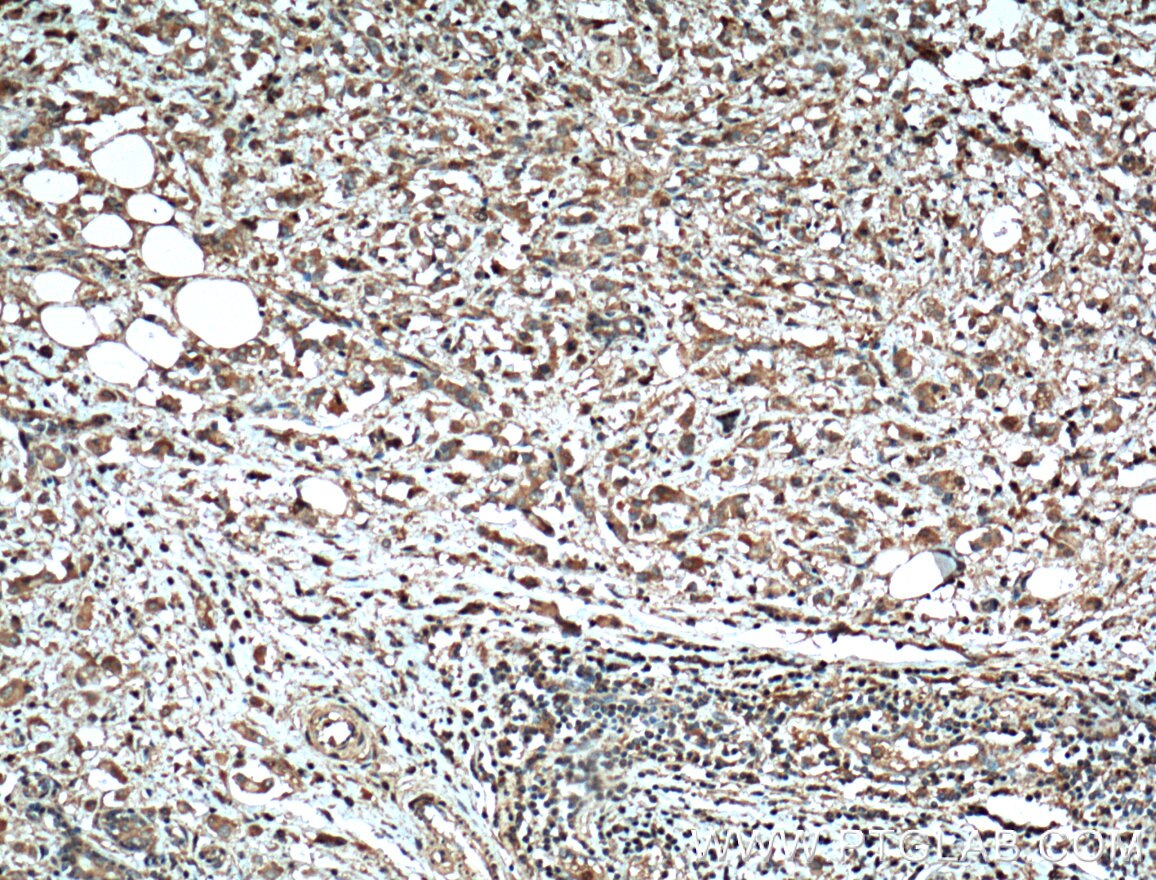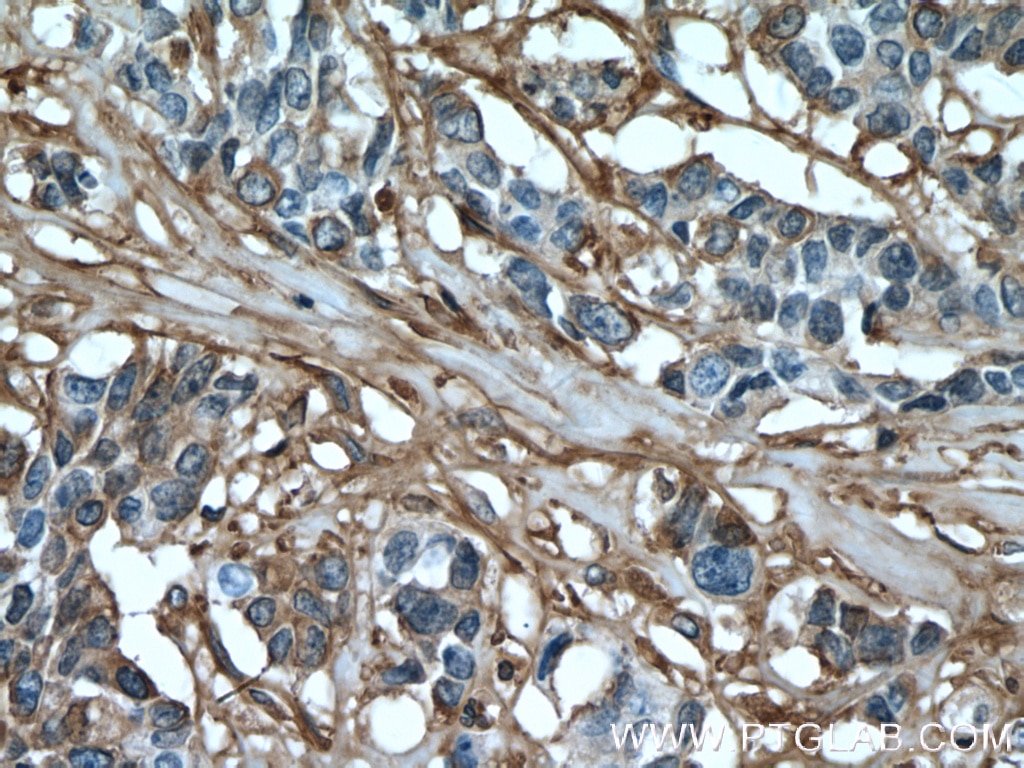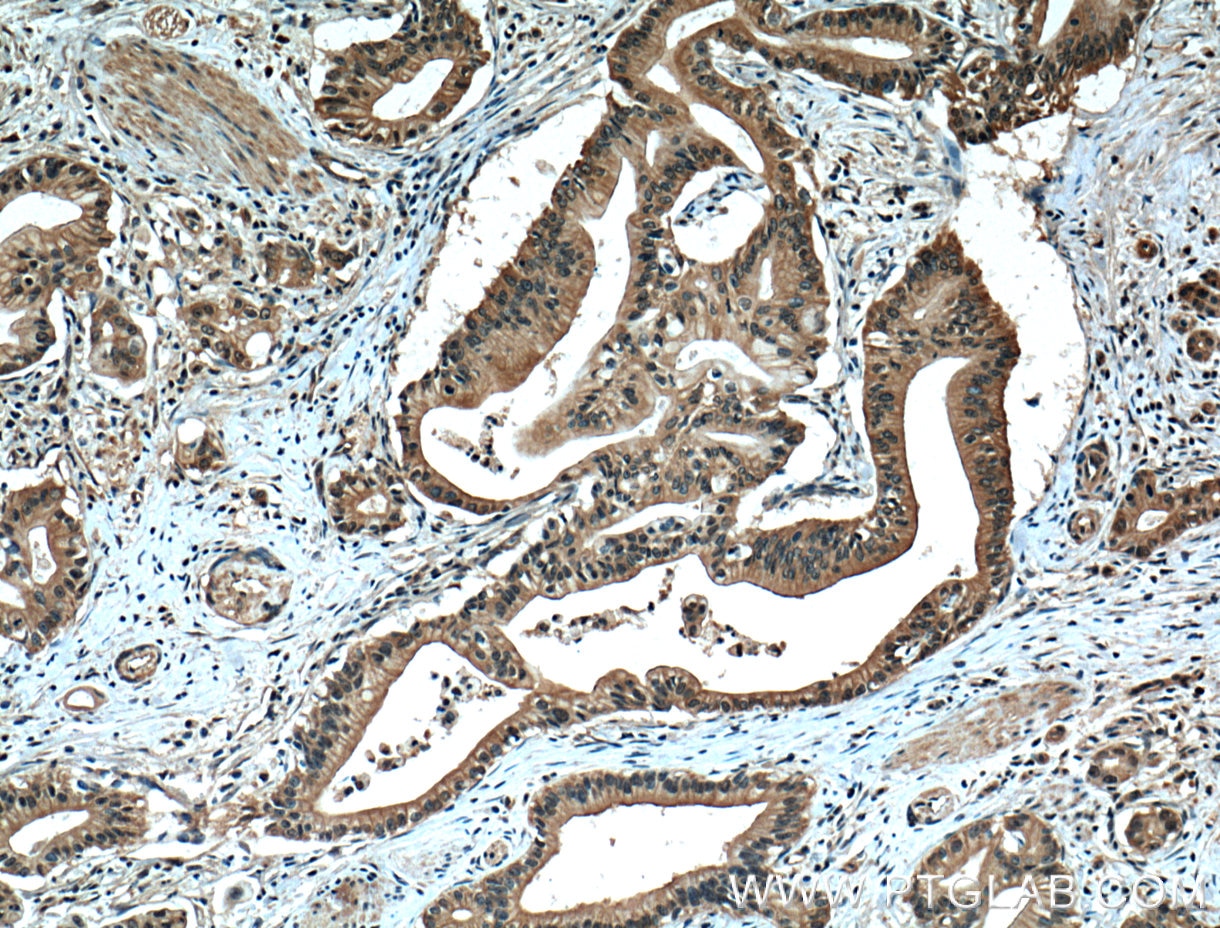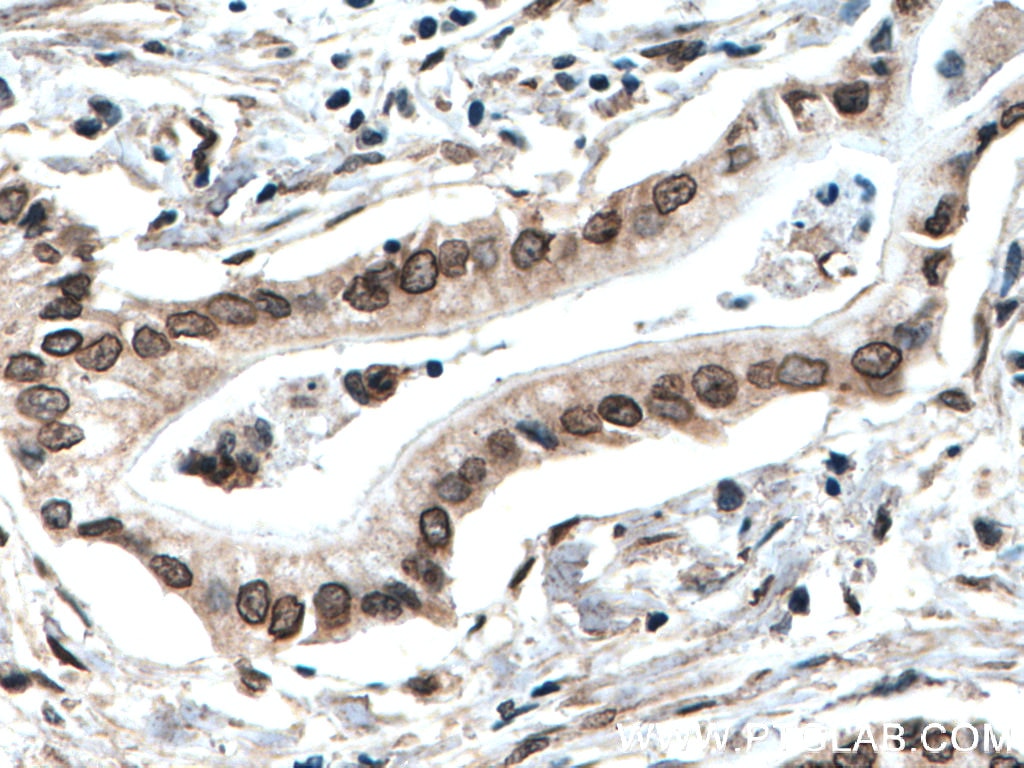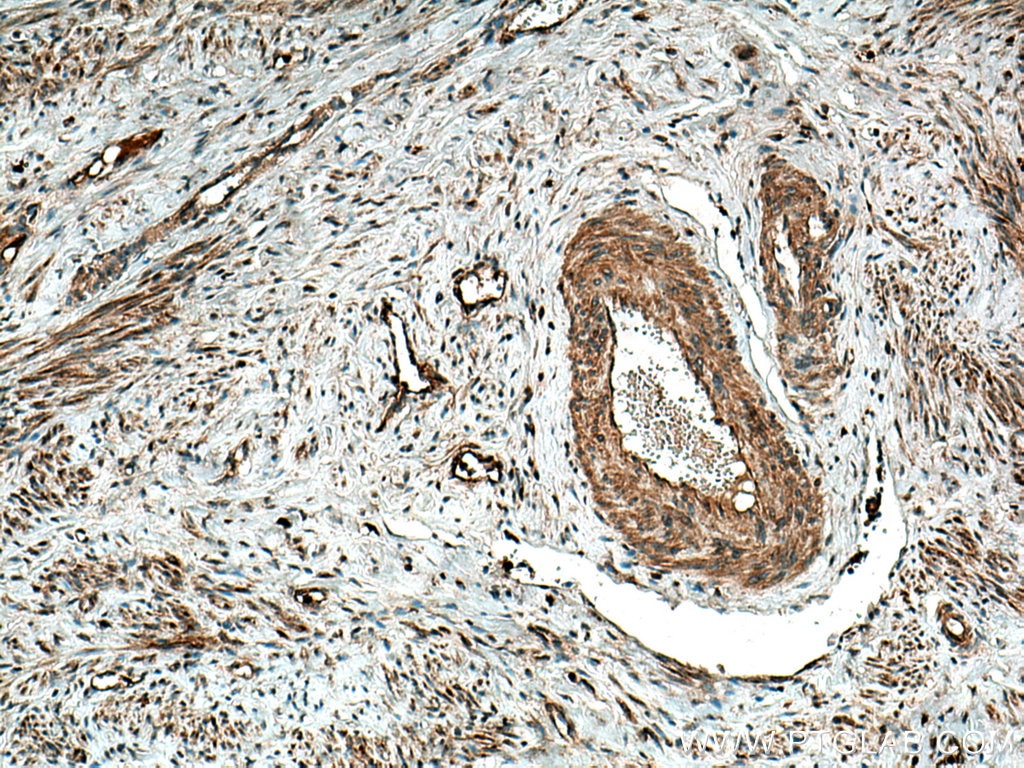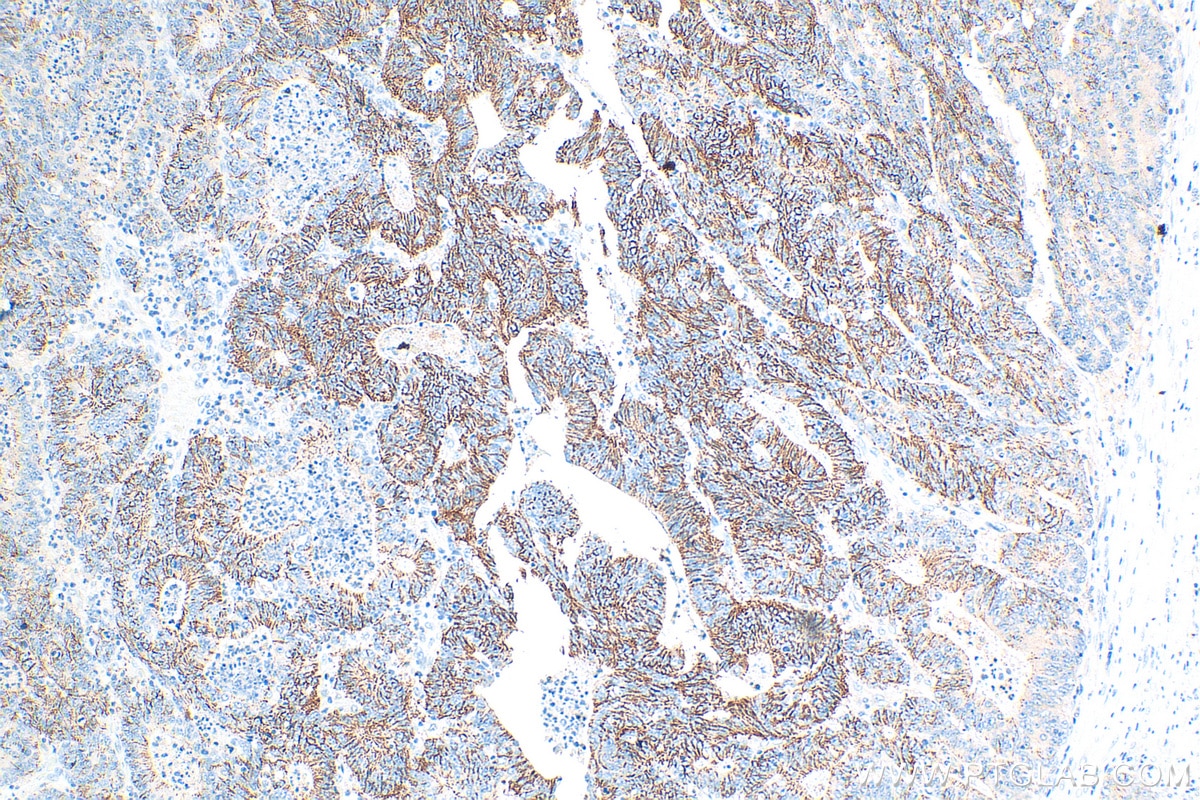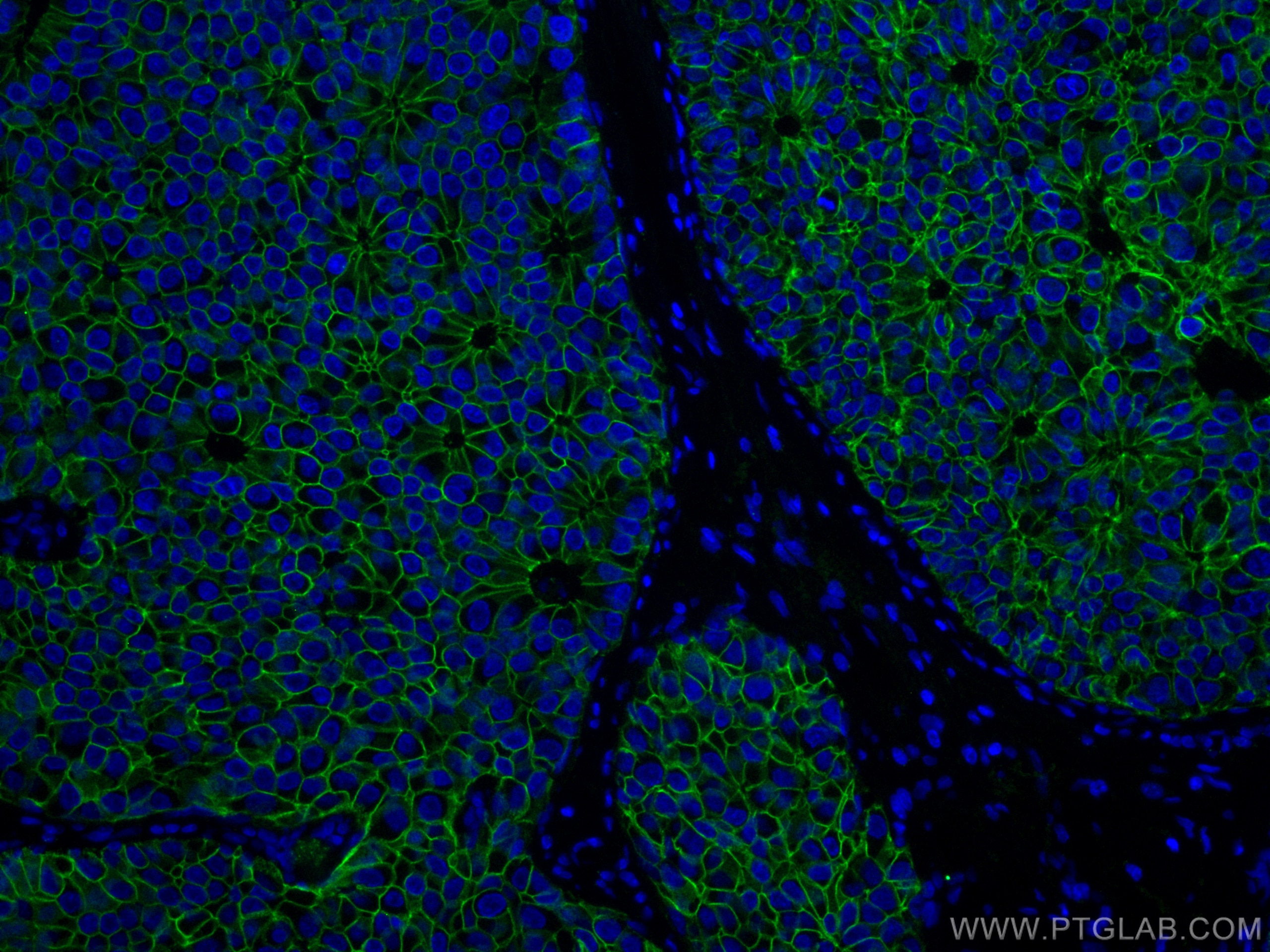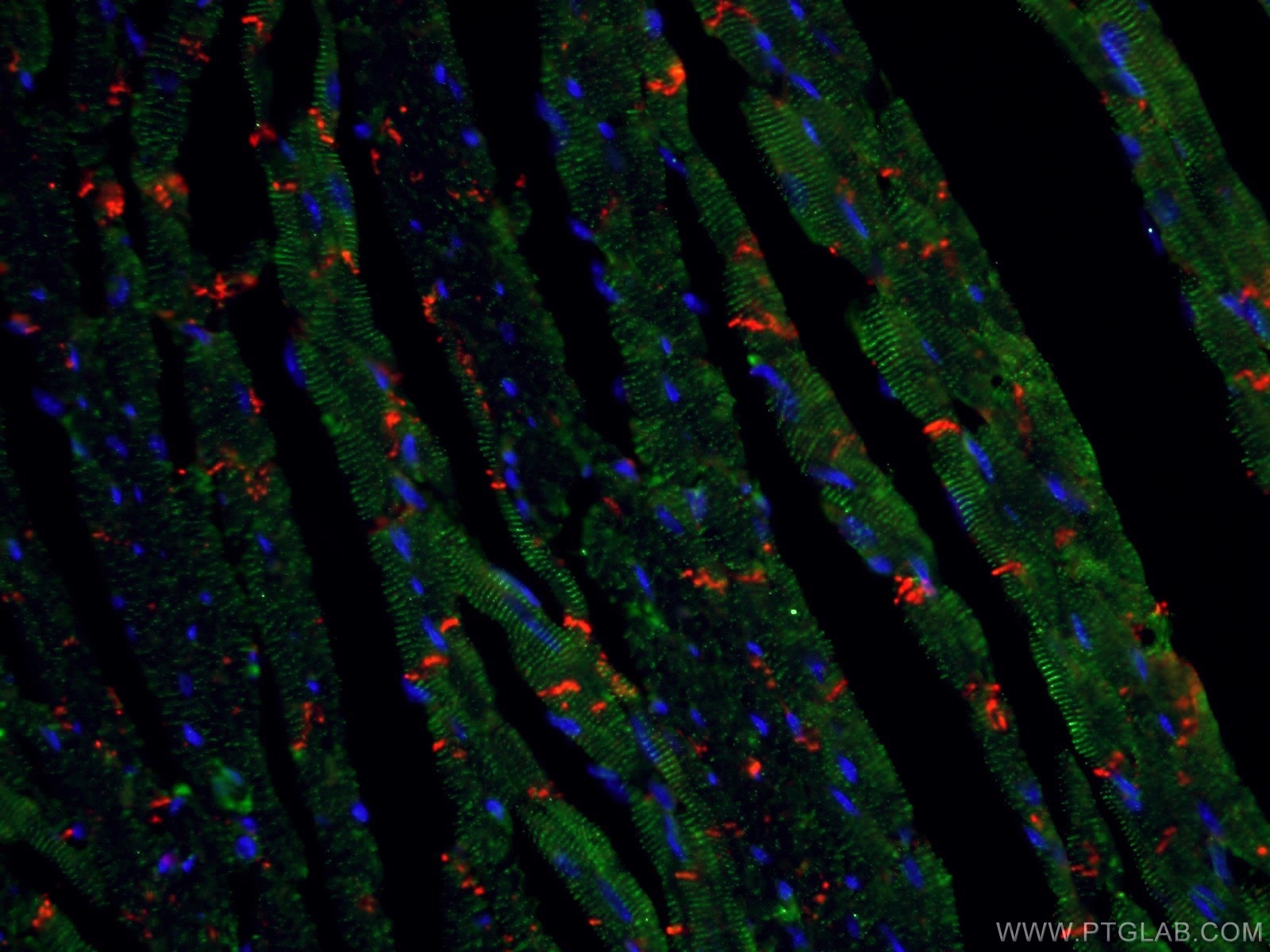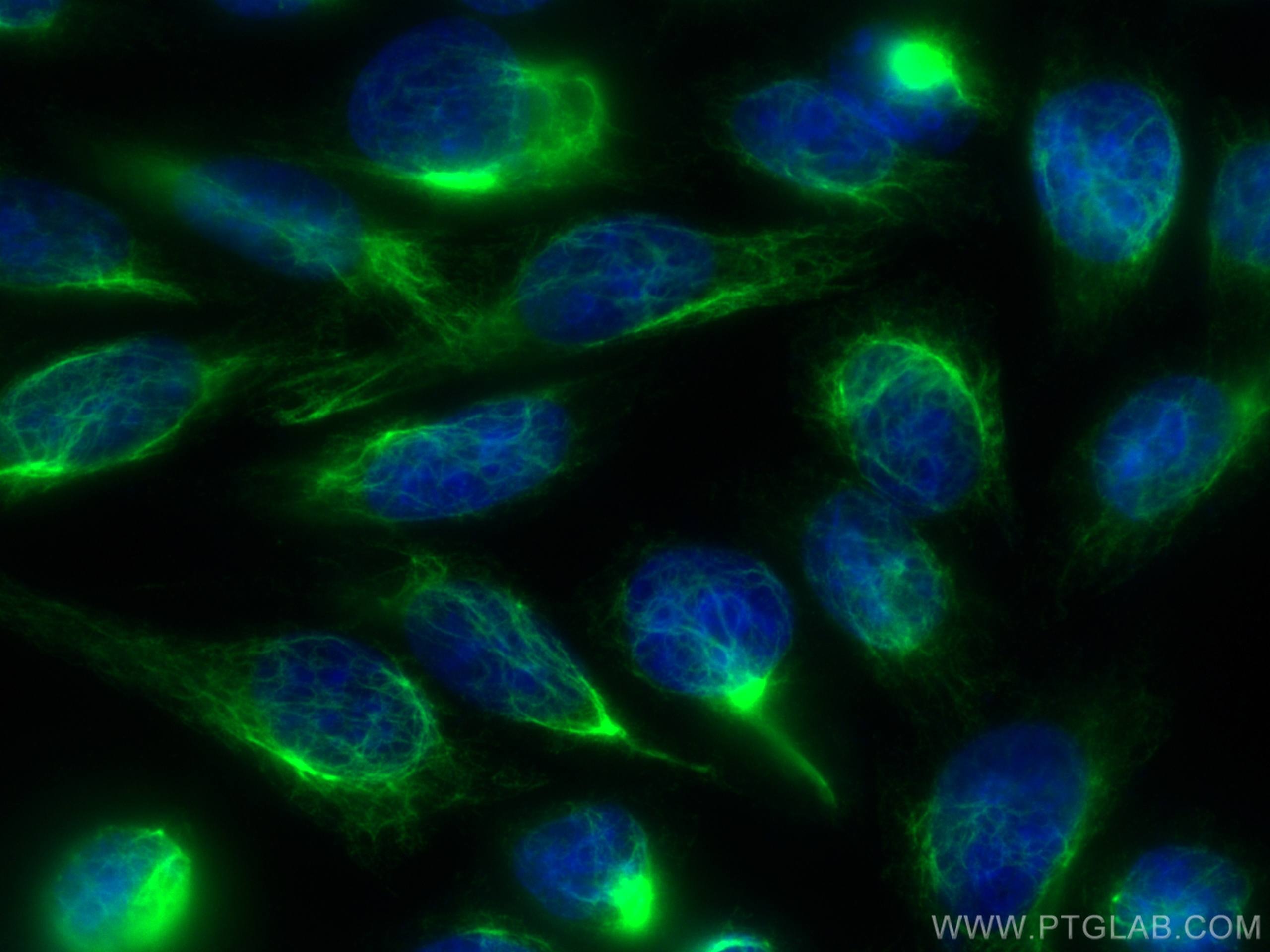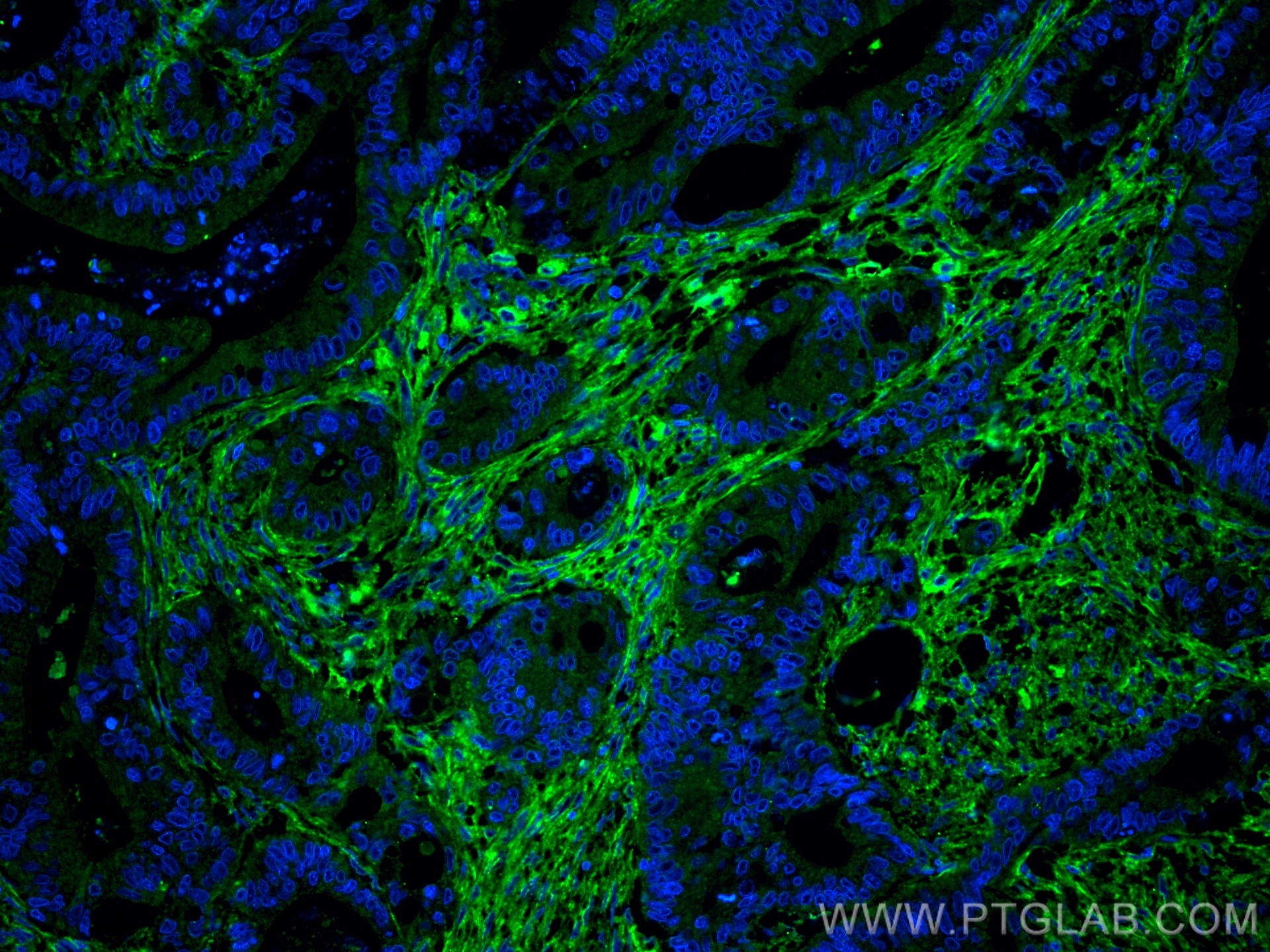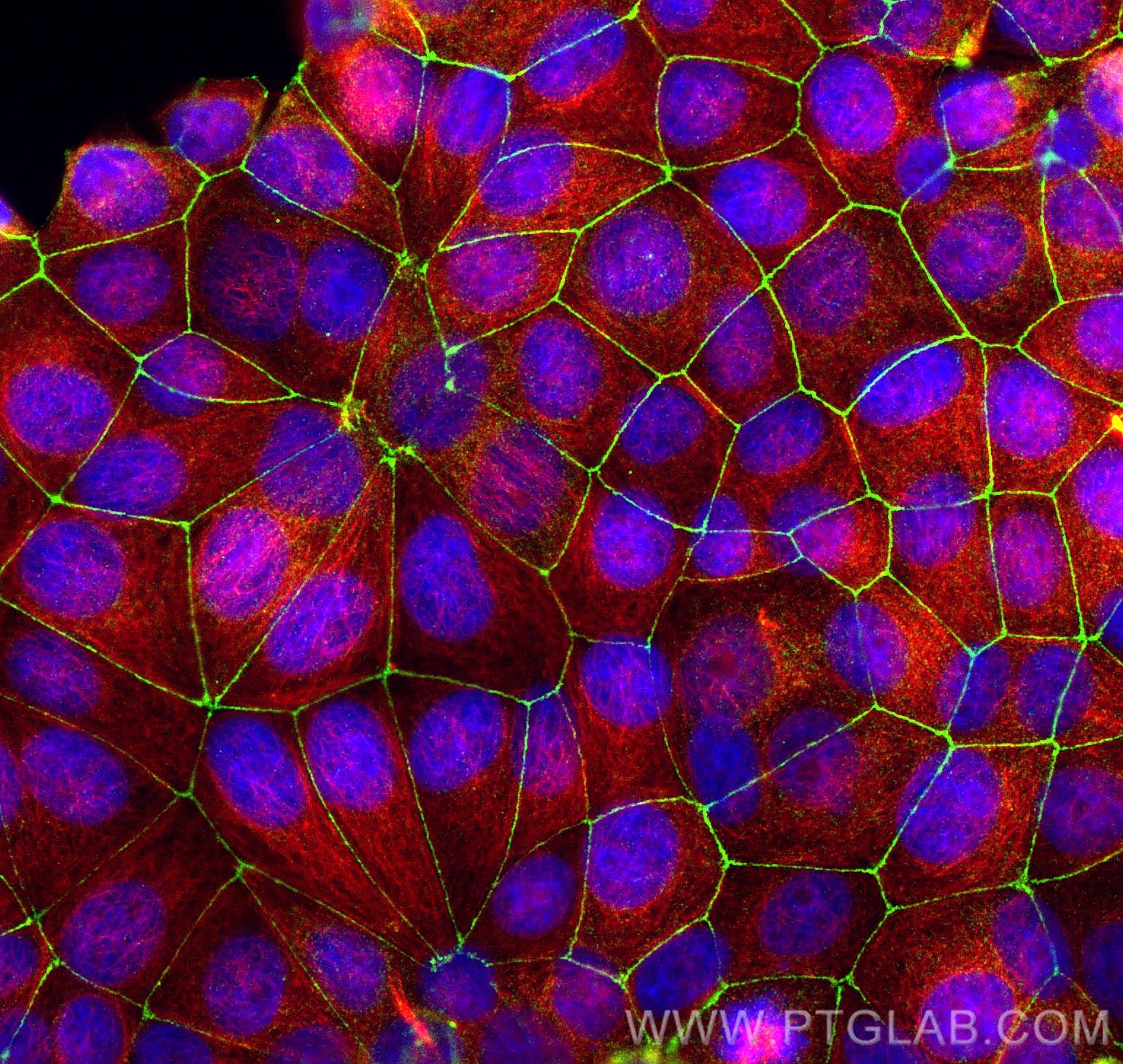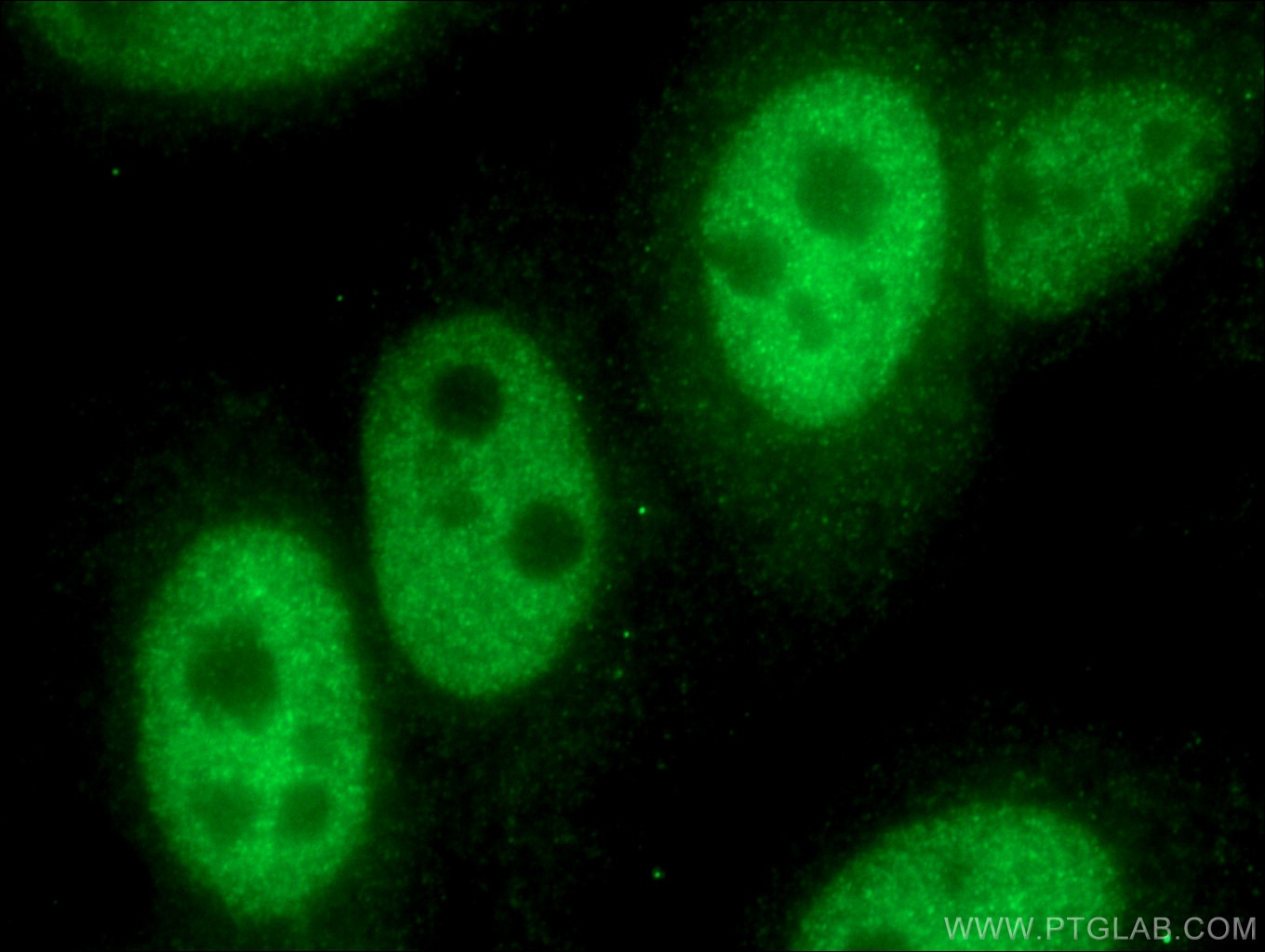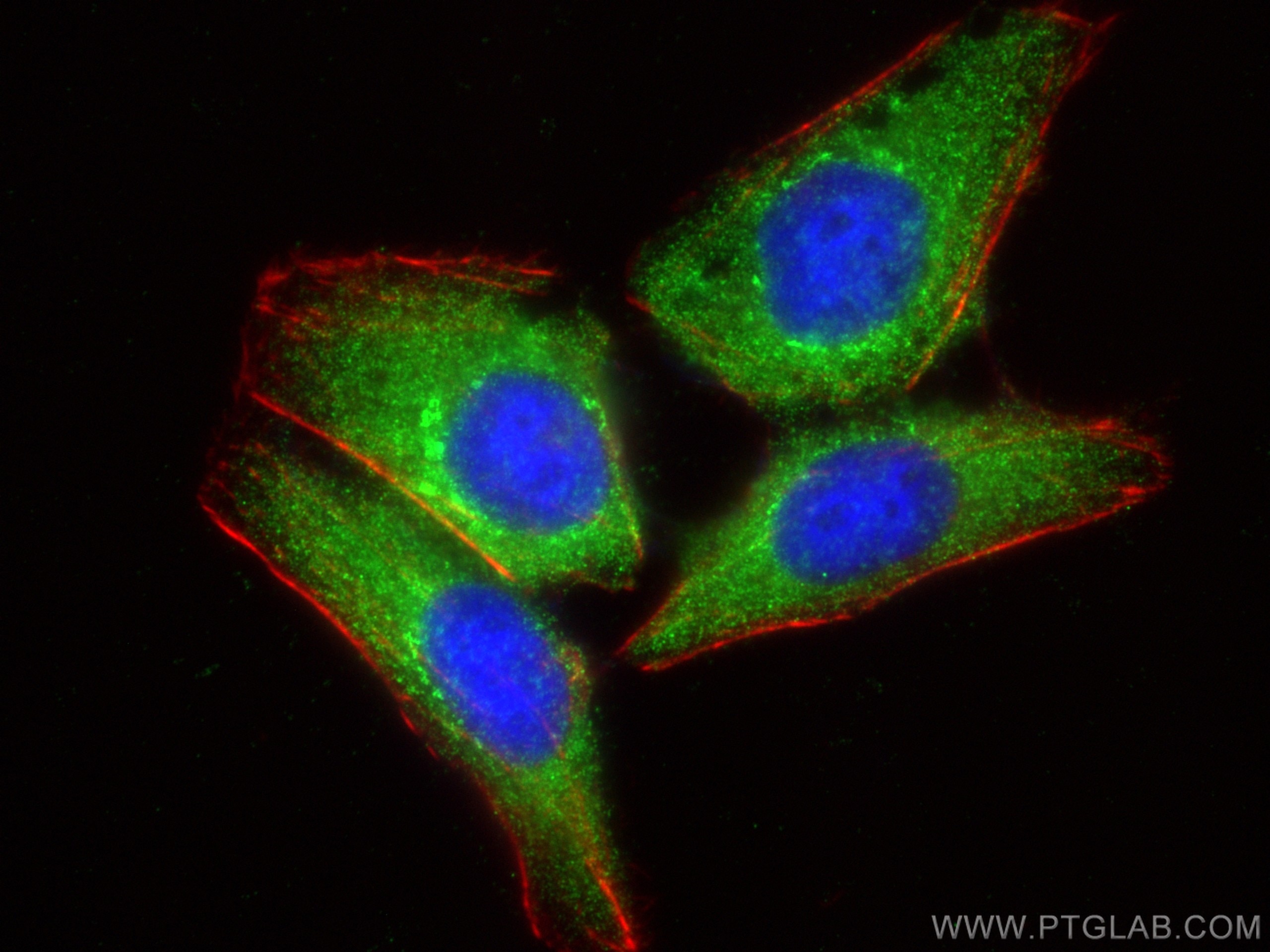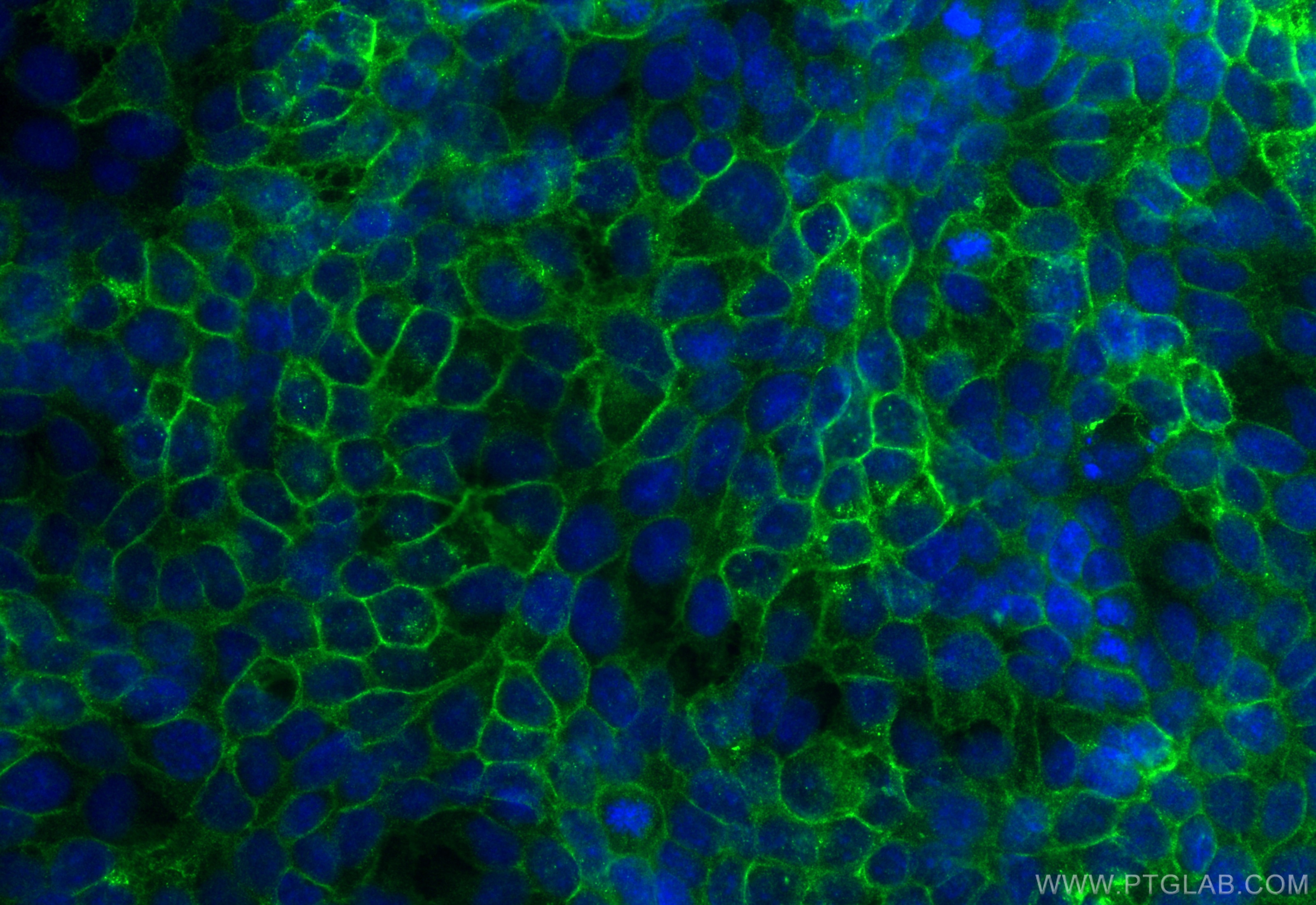EMT Expanded Antibody Kit
Host
Rabbit/Mouse
Reactivity
Target Dependent
Applications
Target Dependent
Conjugate
Unconjugated
Cat no : PK30015
Validation Data Gallery
Product Information
The EMT Expanded Antibody Kit provides a cost-effective tool for studying key cell markers, transcription factors, and ECM degraders invovled in the epithelial to mesenchymal transition (EMT). Perfect for cancer and developmental biology researchers starting a new project, screening multiple prospective targets, or those who simply require less volume.
The EMT Expanded Antibody Kit contains antibodies against 10 key protein targets that play critical roles in epithelial to mesenchymal transition.
| Antigen | Catalog No. | Host, clonality | Tested Reactivity | Applications | Volume |
| E-cadherin | 60335-1-Ig | Mouse monoclonal | H, R, Pg | WB, IHC, IF, FC, ELISA | 20 uL |
| N-cadherin | 66219-1-Ig | Mouse monoclonal | H, M, R, Pg, Rb | WB, IHC, IF, ELISA | 20 uL |
| Vimentin | 80232-1-RR | Rabbit monoclonal | H, M, R | WB, IHC, IF, ELISA | 20 uL |
| SNAI1 | 13099-1-AP | Rabbit polyclonal | H, M, R | WB, IP, IHC, ELISA | 20 uL |
|
MMP-2 |
66366-1-Ig |
Mouse monoclonal | H, M, R, Pg | WB, IHC, ELISA | 20 uL |
| Fibronectin |
66042-1-Ig |
Mouse monoclonal | H, M, R | WB, IP, IHC, IF, ELISA | 20 uL |
| ZO-1 |
66452-1-Ig |
Mouse monoclonal | H, Ca | WB, IHC, IF, ELISA | 20 uL |
| Twist |
25465-1-AP |
Rabbit polyclonal | H, M | WB, IP, IHC, IF, ELISA | 20 uL |
| MMP-9 |
10375-2-AP |
Rabbit polyclonal | H, M, R | WB, IHC, IF, FC, ELISA | 20 uL |
| Claudin-1 |
28674-1-AP |
Rabbit polyclonal | H, M, R | WB, IHC, IF, ELISA | 20 uL |
Also see our 'EMT Essentials Antibody Kit' on the following page https://www.ptglab.com/products/EMT-Essentials-Antibody-Kit-PK30014.htm。
Storage
Store at -20°C. Stable for one year from the date of receipt.
Background Information
The epithelial to mesenchymal transition (EMT) is a process by which epithelial cells transform into mesenchymal cells, allowing them to gain migratory and invasive properties. While a normal feature of embryonic development and tissue regeneration, EMT is often upregulated and becomes a key driver of metastases in several cancers including colorectal, breast, gastric, and melanoma. The EMT process itself typically involves the loss of epithelial markers such as E-cadherin and upregulation of mesenchymal makers such as fibronectin, N-cadherin, and vimentin. It also requires the expression of transcription factors such as snail, slug, and twist, which help to drive the transition into the mesenchymal phenotype. Matrix metalloproteinases (MMPs) additionally degrade the surrounding extracellular matrix and allow for the transformed cells to collectively migrate. The EMT process is commonly confirmed in cancer cells and tissue through western blot and immunohistochemistry.
Standard Protocols
Click here to view our standard protocols for various applications including WB, IP, IHC, IF, FC, and ELISA.
Cited in Article as
pk30015, EMT Expanded Antibody Kit, Proteintech, IL, USA
